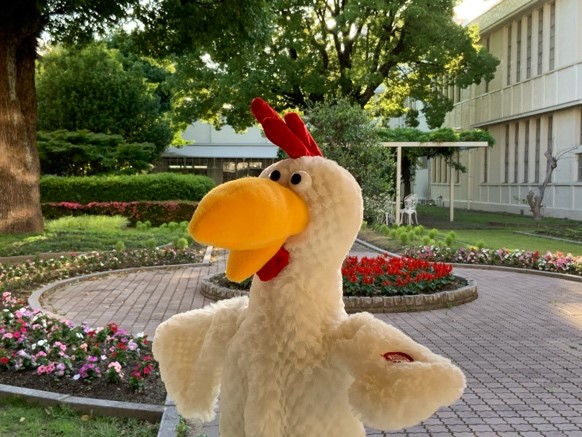2020年、誰しも全く経験のない初めての試みばかりで最初は正直どうなることやらと思ったものでしたが、去年一年を通して、オンライン授業にも様々な良い点があることに気づきました。シリーズ「コロナ禍の授業について」では英語英文学科のそれぞれの先生の2020年、2021年(現在進行中)の授業についてお伝えしていきます。
今回はRamsey先生の授業紹介です。
Part 07:「Proverbs: Words of Wisdom」
David S. Ramsey教授
Proverbs: Words of Wisdom
“The greatest of all pleasures is the pleasure of learning.”
—Aristotle
We call these small groups “Study Buddy teams,” and each team has about four students, with a captain that they have chosen to lead the team. Throughout the year, we rotate members, so everyone gets to work with and make friends with all class members. Each team also chooses a team name based upon a theme. For example, with an animal theme some groups have chosen to call themselves the Panda, Cat, Unicorn, or Butterfly teams. With an ice cream flavor theme, some groups have chosen to call themselves the Strawberry, Choco Mint, Macha, or Rum Raisin team. Whether online, or in person when we are on campus, students connect with classmates and make friends as they learn about the world and develop their English.
The proverbs that students research are very common and important ones in English. They are used in daily conversation, in business, in politics—indeed in all fields. They are part of the basic cultural knowledge of the West, part of the basic cultural language, we could say, and it is expected that people know them and their meaning. If you were to ask a Japanese person to finish the half-spoken Japanese proverb “Saru mo . . . ,” she would readily answer “ki kara ochiru.” Similarly, if you were to say to a person from America or Europe “Don’t count your chickens,” she would know that the rest of the proverb is “until they’re hatched.”

“What really counts can’t always be counted,” chants a
wise chicken in one of Seishin’s many beautiful gardens.
wise chicken in one of Seishin’s many beautiful gardens.
If you were working for UNICEF (the United Nations Children’s Fund) after graduating from Seishin, and an American co-worker said “Don’t count your chickens” about a proposal you made, you would know that he wasn’t really talking about chickens at all (just as the Japanese proverb isn’t really about monkeys.) The proverb advises us not to make assumptions about what might happen in the future, and then expect that those things will certainly happen.
・David S. Ramsey教授(教員紹介)
・英語英文学科
・コロナ禍の授業について(シリーズ)
・英文の先生たちはどんな研究をしているの?(シリーズ)



